Greater Houston’s Office Market Slowly Recovers
The area registered a rise in development, according to CommercialEdge.
Greater Houston’s office sector has shown signs of improvement in the first seven months of the year, with completions increasing 4.1 percent year-over-year, according to CommercialEdge.
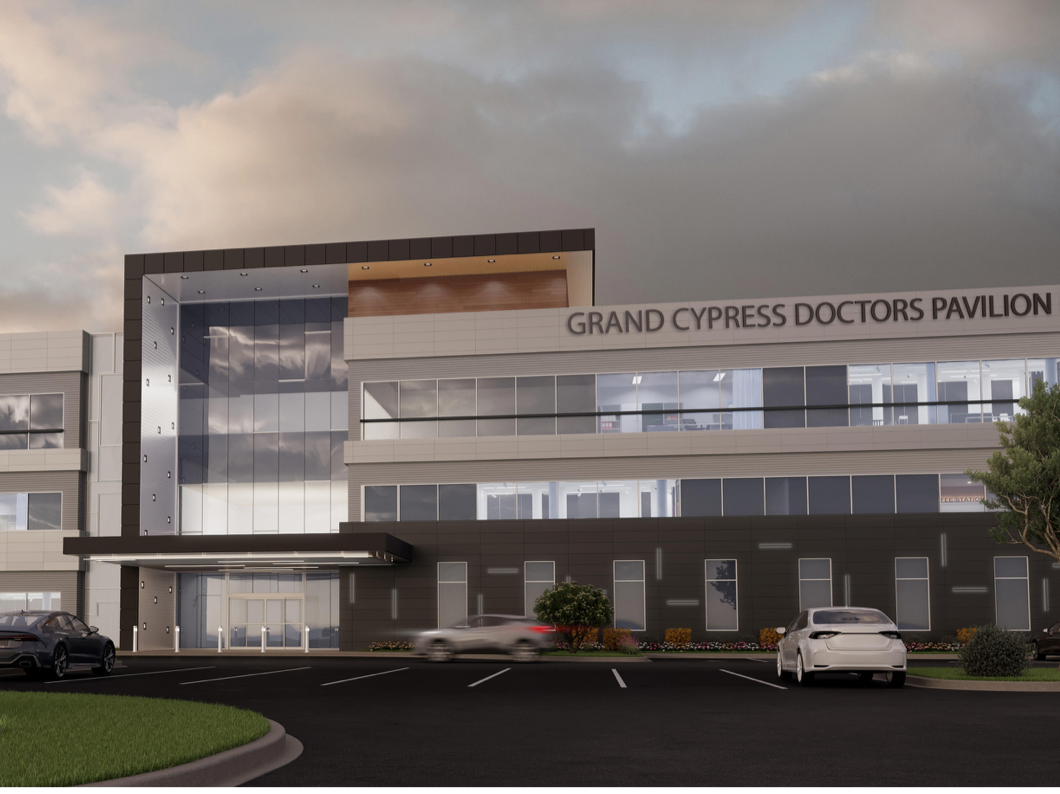
The metro also saw a rise in construction starts during the same period when compared to 2023. Six developments totaling about 275,417 square feet broke ground year-to-date as of July.
These positive trends can also be attributed to an increased focus on the medical office building sector, driven by a growing ageing population.
However, Houston continues to face some challenges. The market’s vacancy rate remained considerably above the national average, standing at 23.8 percent. Meanwhile, assets traded for $103 per square foot on average, well below other top-performing Southwest cities.
As office properties are losing value due to ongoing challenges, CommercialEdge has developed a tool to highlight the likelihood of how assets in some markets can be repurposed into housing space. The data provider’s Conversion Feasibility Index shows that, while Texas markets don’t rank among the top markets for potential conversion, there is a lot of nationwide potential for the process.
Under-construction pipeline lags national figures
As of July, Greater Houston’s office sector had more than 1.8 million square feet underway, representing 0.7 percent of total stock—below the 1.1 percent U.S. average. The market trailed most of its peers, including Austin (4.6 percent), Dallas (1.8 percent) and Atlanta (0.9 percent), but fared better than Phoenix (0.4 percent).
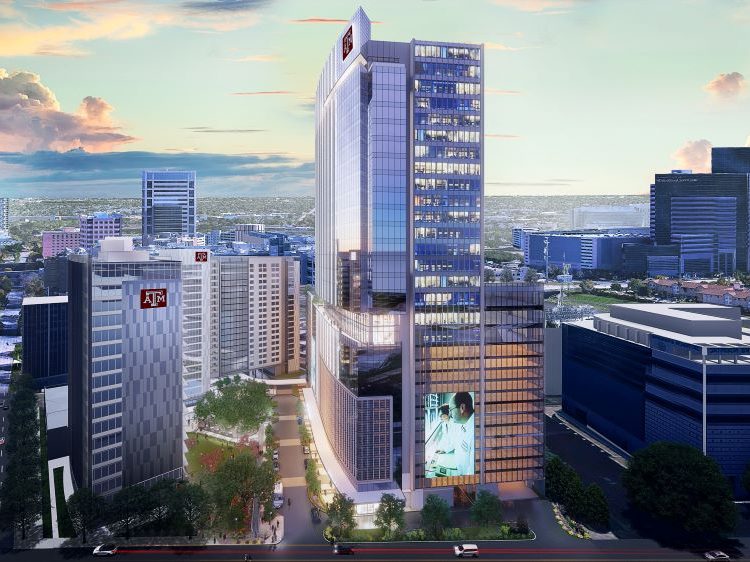
However, six projects started construction in the first seven months of the year, which are expected to total 275,417 square feet upon completion. This figure is more than six times larger year-over-year.
Houston’s office sector is also seeing a rise in medical office developments, possibly caused by the ageing population—by 2034, the metro will see the nation’s third-largest increase in cohorts aged 65 and older.
Earlier this year, North Cypress Land Ventures LLC started construction on the first phase of Grand Cypress Medical Pavilions in Cypress, Texas. The 30-acre, $600 million project will come online over the course of five years.
Office completions rose in the first half of 2024
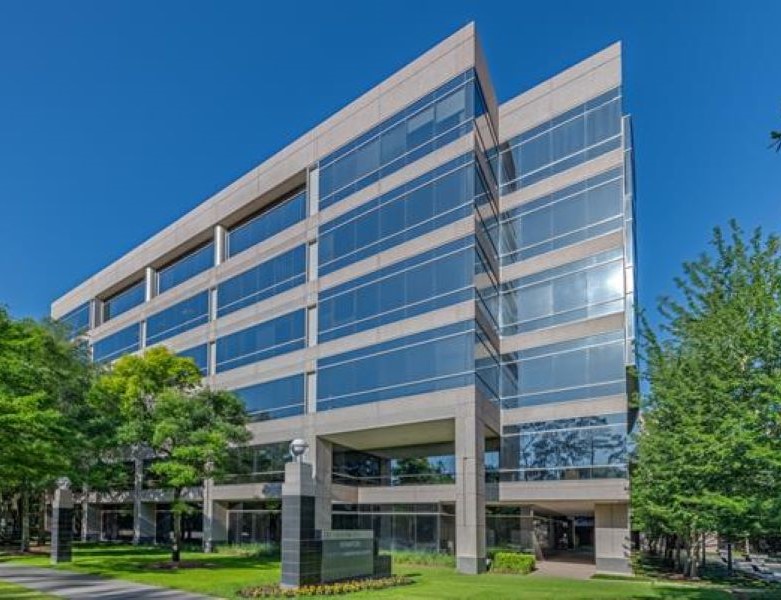
Houston’s office sector saw a 4.1 percent growth in deliveries year-over-year, with 13 properties coming online in the first seven months of this year. The developments, totaling more than 1.4 million square feet, represent 0.5 percent of total inventory.
The metro fared better than most peer markets, surpassing Atlanta (1.1 million square feet), Austin (945,519 square feet) and Dallas (850,500 square feet). The Bay Area (958,030 square feet) and Raleigh – Durham (937,470 square feet) also fared worse.
By the end of the year, Texas A&M University and Medistar Corp. are set to complete Horizon Tower, a 485,000-square-foot building within the $550 million Texas A&M Innovation Plaza. The life science and medical office high-rise will further boost the metro’s MOB inventory.
Sale prices still below other Sun Belt markets
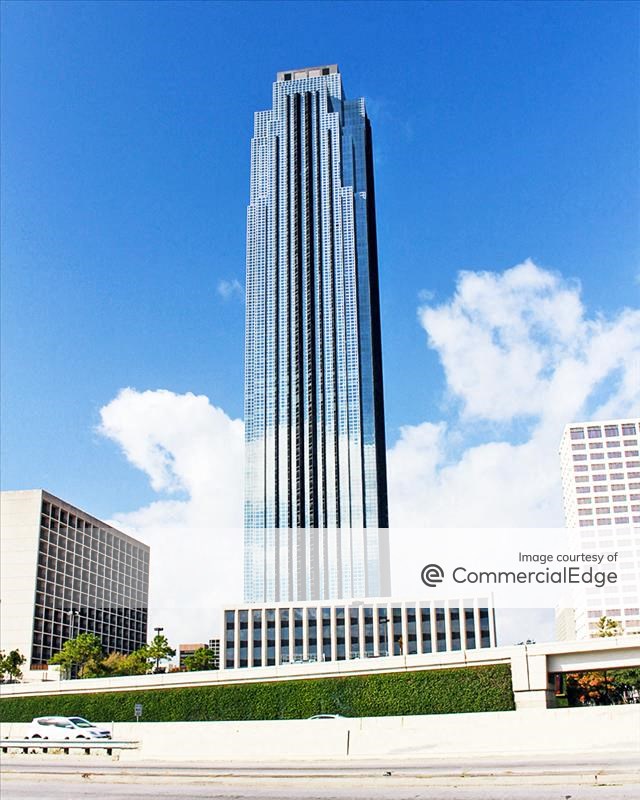
Greater Houston’s office sector registered $482 million in investment volume year-to-date as of July. Assets changed hands for $103 per square foot on average, well below the $173 national average and peer markets. Dallas ($116 per square foot), Atlanta ($146 per square foot) and Phoenix ($171 per square foot) are some of the metros that performed better.
Office deals are getting tougher to complete because of a mix of factors, including shifting market conditions, changing tenant needs and more scrutiny during negotiations. This trend is also seen in Houston’s performance, where the total sales volume for the second quarter saw a year-over-year decline of 32.3 percent, clocking in at only $109.1 million.
However, pricier deals are still closing. In June, Howard Hughes Holdings purchased Waterway Plaza II, a 142,400-square-foot office building in Greater Houston, for $19.2 million. The price per square foot was almost $135.
Houston’s office vacancy rate stays put
Houston’s office vacancy rate at the end of July remained relatively stable over the year, increasing only by 20 basis points to 23.8 percent. Although the rise was modest, the rate remains significantly higher than the 18.1 percent national average.

Peer markets such as Atlanta (18.4 percent), Dallas (21.8 percent) and Austin (22.9 percent) also performed better than Greater Houston. The metro’s average listing rate that month averaged $29.82, below the $31.67 national figure.
Notable leasing activities in the area included Camden Property Trust’s decision to relocate its headquarters to 104,013 square feet at Invesco Real Estate’s Williams Tower in Houston. The 1.4 million-square-foot office property is the tallest building outside of the metro’s central business district.
Additionally, Skanska’s 1550 on the Green building, that opened in February, saw a rise in occupancy. In June, Boston Consulting Group inked a 12-year lease for about 53,000 square feet and the company is set to move in by the end of next year.
Coworking footprint below national average
Greater Houston’s office sector had more than 4.3 million square feet of shared space as of July. Accounting for 1.7 percent of its total inventory, the metro’s coworking space slightly lagged the 1.8 percent national average.
Raleigh – Duram (2.5 percent), Denver (2.2 percent) and Atlanta (2.1 percent) surpassed the market, while Philadelphia (1.4 percent), Austin (1.5 percent) and Charlotte (1.6 percent) were at the opposite pole.
The coworking operator that had the largest footprint in the metro was Regus, with 540,335 square feet across 32 properties. The firm was followed by The Cannon, with 444,341 square feet, and Workstyle Flexible Spaces, with 429,159 square feet.

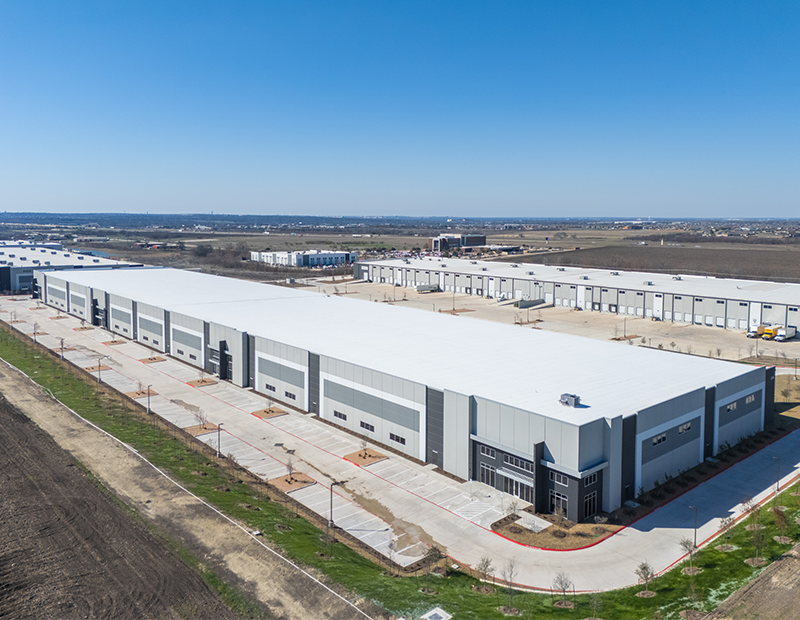
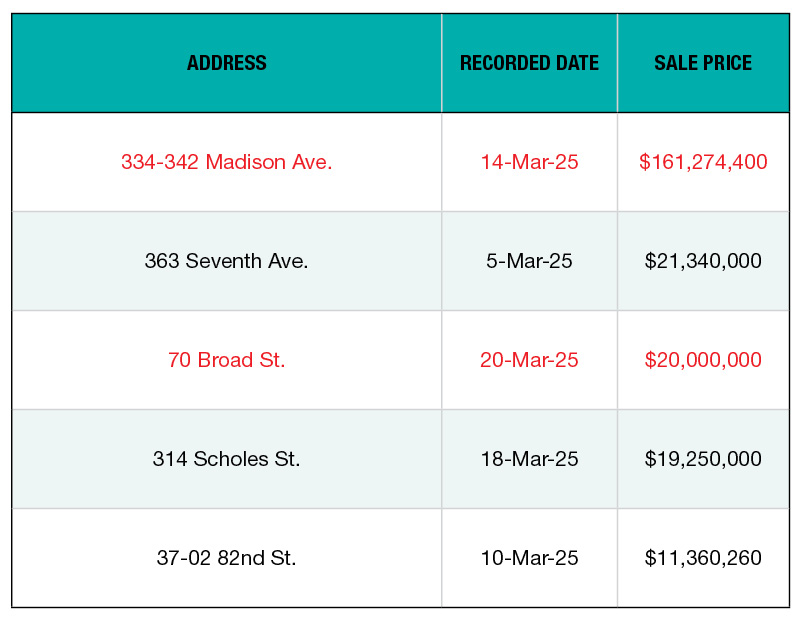
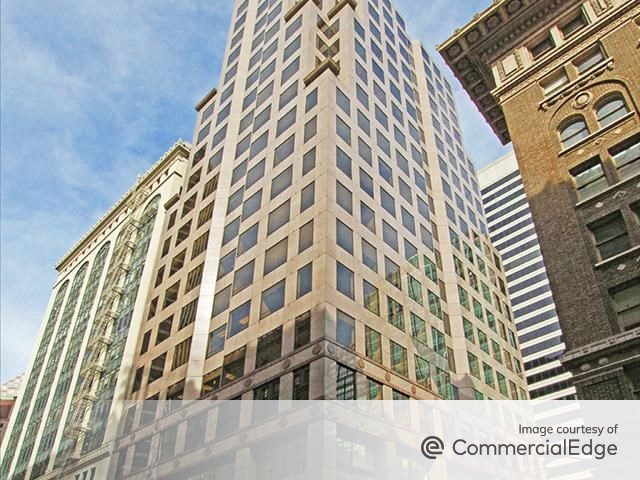
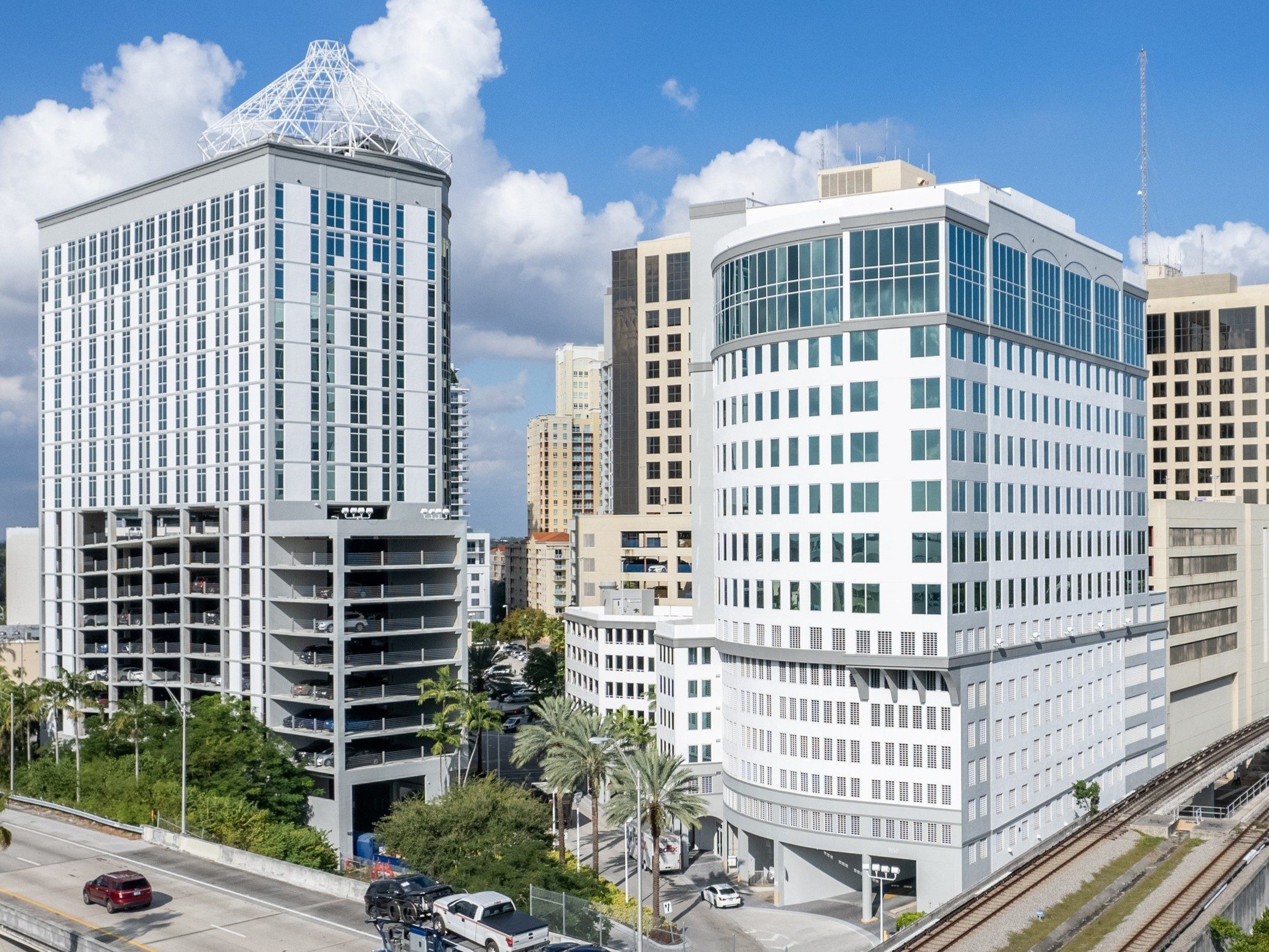


You must be logged in to post a comment.